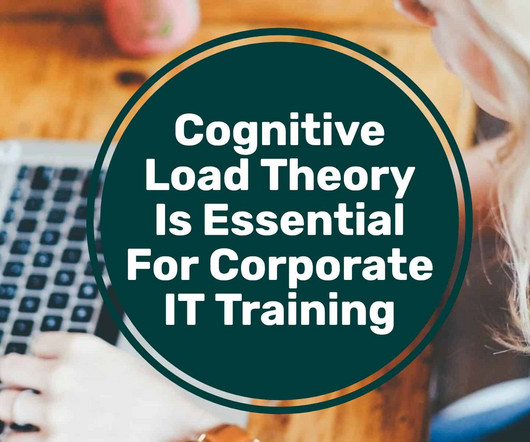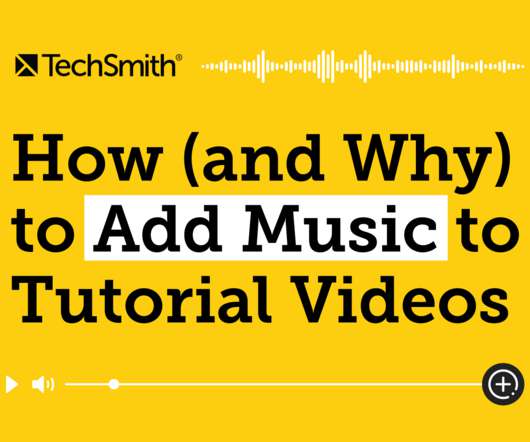Best Practices to Ensure Successful Custom e-Learning Development
Infopro Learning
MAY 19, 2022
Include real-life scenarios and cognitive theories so that the learners can associate themselves with the facts and situations. Besides, easy-to-understand language and breaking up the modules into small chapters make it easy to learn the concepts and retain the same in their brains for a long time.















































Let's personalize your content